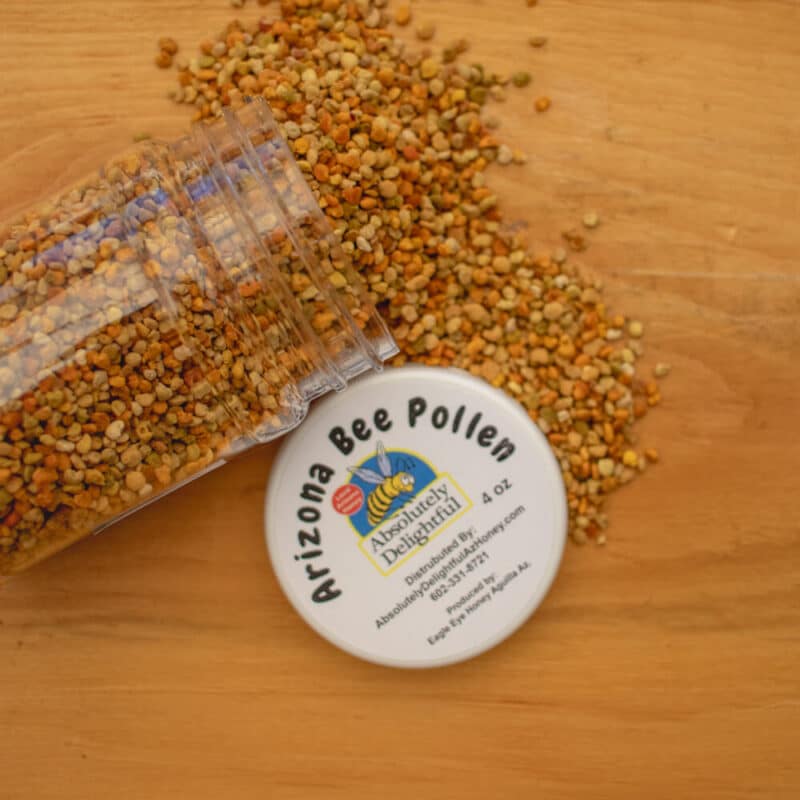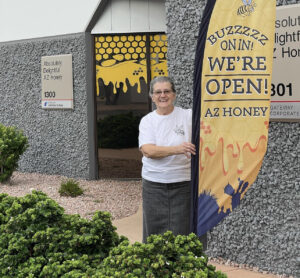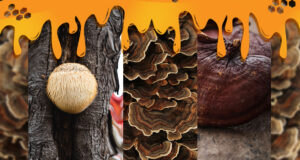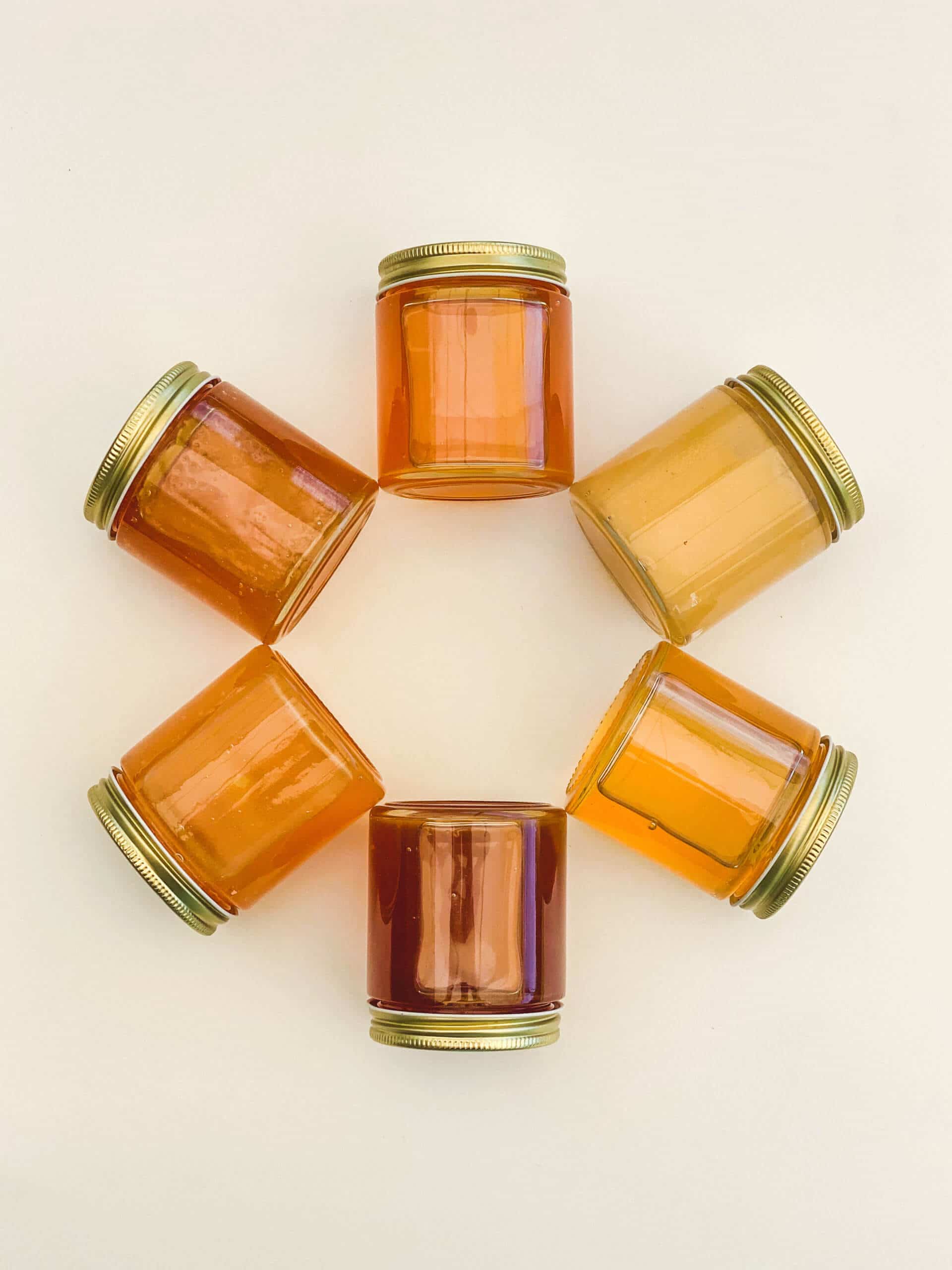Is the pollen in the air causing your allergies to flair up?
If that pollen has you sneezing and feeling congested, you’re probably wondering what can help you with your seasonal allergies. Many of our customers come out and visit us in the spring and summer seasons when the desert is in full bloom to find local honey and bee pollen to assist them with their allergies. The question is: what should you take?
To get strait to the point, here are the products that we recommend to our customers:
- To our customers who live in the greater Phoenix area or in the west valley, we recommend our Bee Pollen and our Desert Wild Flower from Buckeye and Tonopah AZ.
- If you live in the east valley (Gilbert, Mesa or Queen Creek) try our Bee Pollen, Desert Blossom Honey from Queen Creek, or the Desert Flower honey harvested from around South Mountain.
- If you don’t live in Arizona, we recommend you try to find a local raw honey or bee pollen that was harvested near where you live.
However, you should know that local raw honey and pollen are not a silver bullet for avoiding seasonal allergies. Everyone is different, and seasonal allergies can occur for a variety of reasons. As an example, some of your allergies may be due to a type of grass, dust, or plant that doesn’t blossom.
Honeybees favor flowering plants for their nectar. (They do visit other plants as well to collect resources for the hive.) Therefore, the pollen that they collect and the raw honey that they make will best help you if you are allergic to the pollen from flowering plants.
The basic idea behind eating local raw honey and pollen for allergies is: eating the honey or pollen helps to build your immune system to the pollen that is in the air. Thus, many of our customers swear by taking our locally harvested honey or pollen for their seasonal allergies.
If you’re taking honey for your allergies, we recommend eating a tablespoon or more of a raw and locally harvested wildflower honey every day.
It is important that if you are taking honey for allergies that the honey is Raw, meaning that the honey hasn’t been pasteurized and that the honey still contains pollen. So, if the honey that you’re taking isn’t raw it won’t likely help you with any allergy issues you may have.
The second part of that, is that the honey should contain pollen from the flowers that have you sneezing. That is why we try and recommend a wild flower honey (a honey that wasn’t harvested in a mono-crop grove) that was harvested near where you live.
Hopefully this helps to guide you in the right direction if you are trying to take local honey or pollen to help you with your allergies this year! Let us know if you have any questions in the comments.
Also– just a quick note here: Nobody at ADAZ Honey is a doctor. If your allergies are severe, we recommend you talk to your doctor about what might work best for you.



